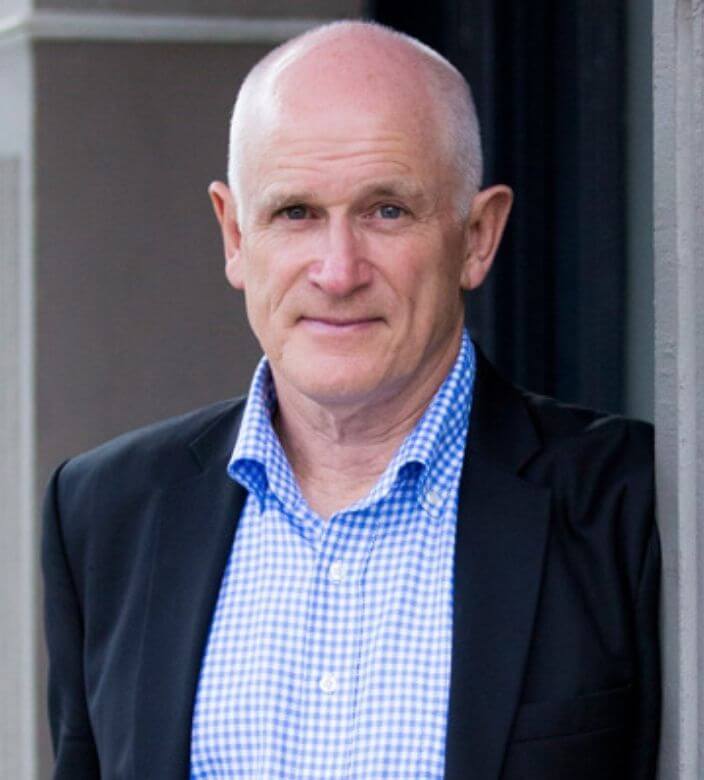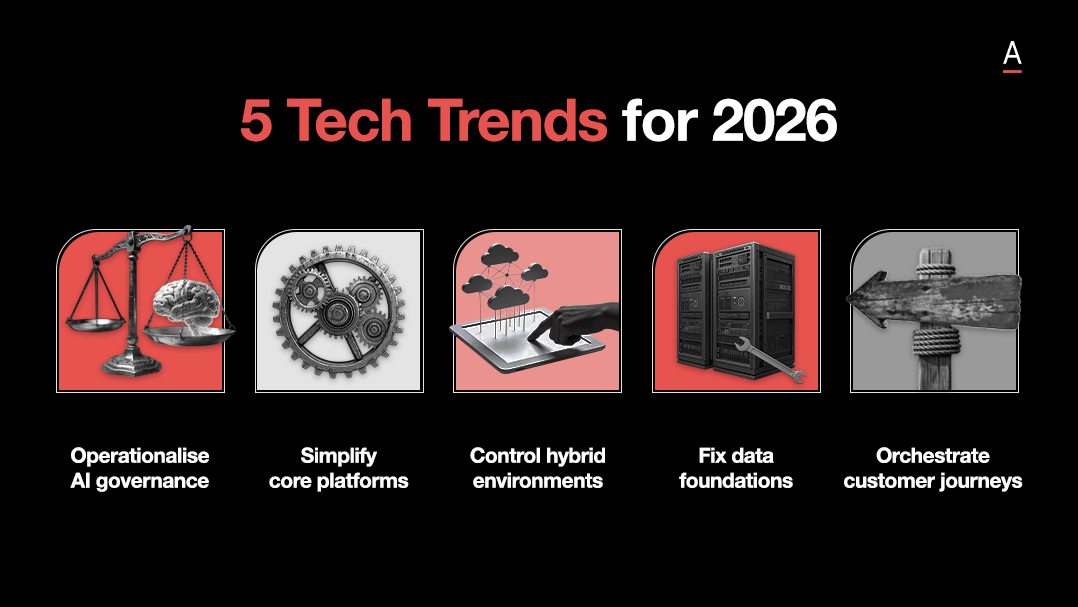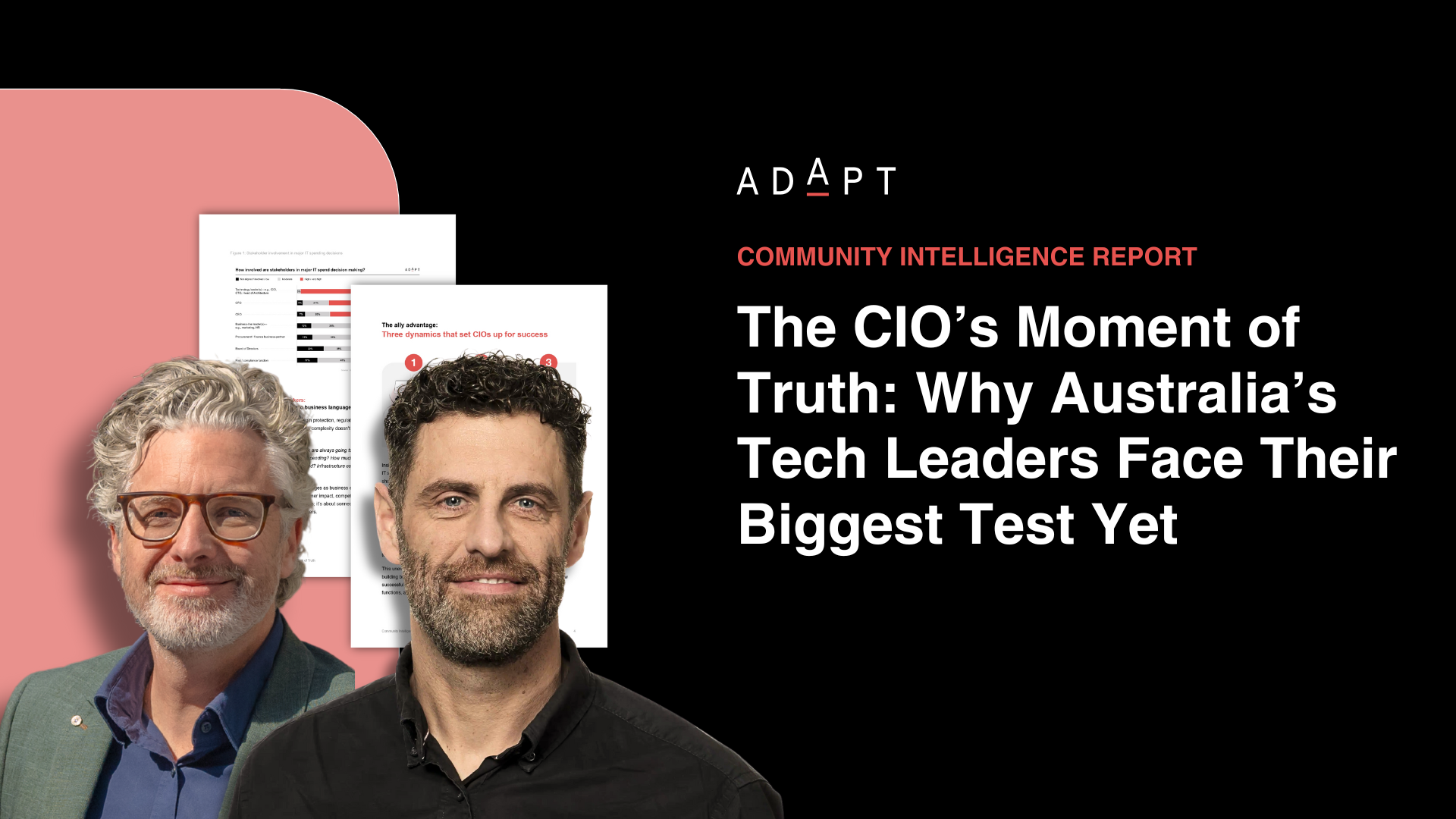Decoding Digital Transformation: A Framework for Success
In this insightful interview with Finbar O'Hanlon, the APAC president of the Global Innovation Institute (GInI), we explore the importance of having a unified vision and a structured framework to drive successful digital transformation initiatives.In today’s fast-paced and ever-evolving business landscape, digital transformation has become a necessity rather than a luxury.
However, many organisations struggle to navigate the complexities of this process, often leading to analysis paralysis and a lack of tangible progress.
In this insightful interview with Finbar O’Hanlon, the APAC president of the Global Innovation Institute (GInI), we explore the importance of having a unified vision and a structured framework to drive successful digital transformation initiatives.
Unity and Vision
According to Finbar, the key to overcoming the challenges of complex problems lies in establishing a point of unity and a collective vision within an organisation.
By aligning all stakeholders towards a common goal, the groundwork is laid for effective problem-solving.
This unity serves as a foundation for the subsequent steps in the transformation process.
The Three Lenses: Desirable, Feasible, Viable
To break down complex problems into manageable and actionable items, Finbar recommends using a framework consisting of three lenses: desirability, feasibility, and viability.
These lenses provide a structured approach to evaluate the various aspects of a digital transformation initiative.
Desirability focuses on understanding whether the proposed transformation aligns with the organisation’s goals and the market’s needs.
Feasibility addresses the practicality and technical considerations of implementing the proposed changes.
Viable, the final lens, examines the economic and strategic viability of the initiative. By systematically evaluating these aspects, organisations can effectively assess the potential of their digital transformation endeavours.
Systematised Processes and Risk Management
One common pitfall in digital transformation initiatives is the absence of a well-defined and systematic process.
Finbar emphasises the importance of establishing robust systems that help organisations stay on track and mitigate risks.
By incorporating structured processes, organisations can de-risk innovation and creativity, thus dispelling the notion that these concepts are synonymous with haphazard experimentation.
Reframing the Value Proposition
For organisations to thrive in a rapidly changing market, it is essential to communicate the necessity of digital transformation effectively.
Finbar acknowledges the challenge of reframing digital transformation from a “nice to have” to an “absolute necessity.”
Professionals in roles like his own bear the responsibility of educating organisations about the significance of embracing technologies such as AI.
Failure to evolve and remain relevant to market changes results in a widening gap between an organisation’s value proposition and its market position.
Context and Adaptability
A crucial aspect of successful digital transformation is understanding the context within which an organisation operates.
While speed may be the ideal for some leaders, it may not be feasible or viable for the entire organisation.
Just as a house requires careful planning and consideration of environmental factors, organisations must assess their capabilities, constraints, and external conditions before embarking on transformative endeavours.
By building a solid foundation and acknowledging the need for adaptability, organisations can navigate the digital landscape with greater success.
Conclusion
Digital transformation is no longer a choice but a prerequisite for organisations seeking to remain competitive and relevant.
By embracing a framework that prioritises unity, systematic processes, and contextual understanding, businesses can unlock the true potential of innovation and drive sustainable growth.
As Finbar aptly suggests, it’s time to move beyond buzzwords and instead focus on creating value by aligning digital transformation initiatives with organisational goals and the evolving needs of the market.






























